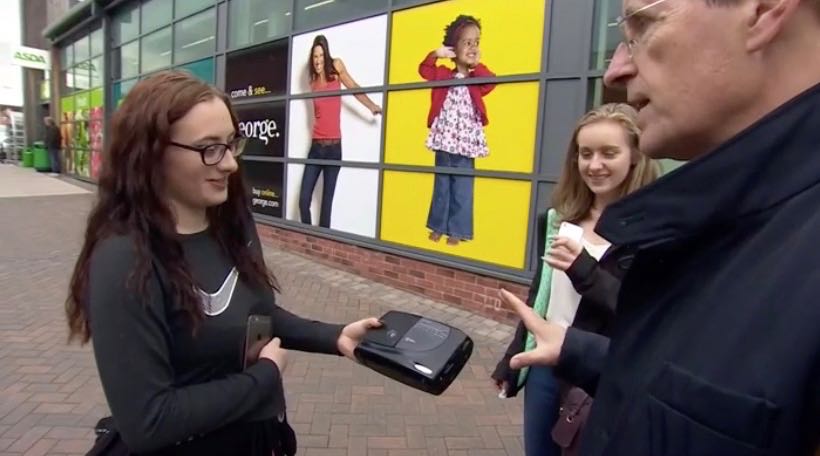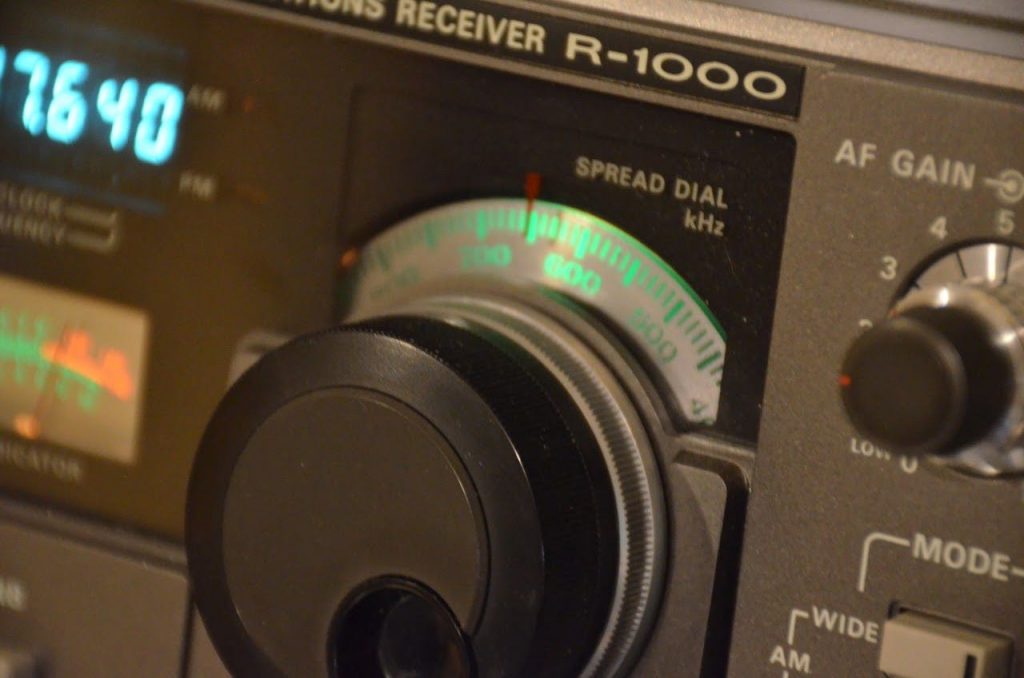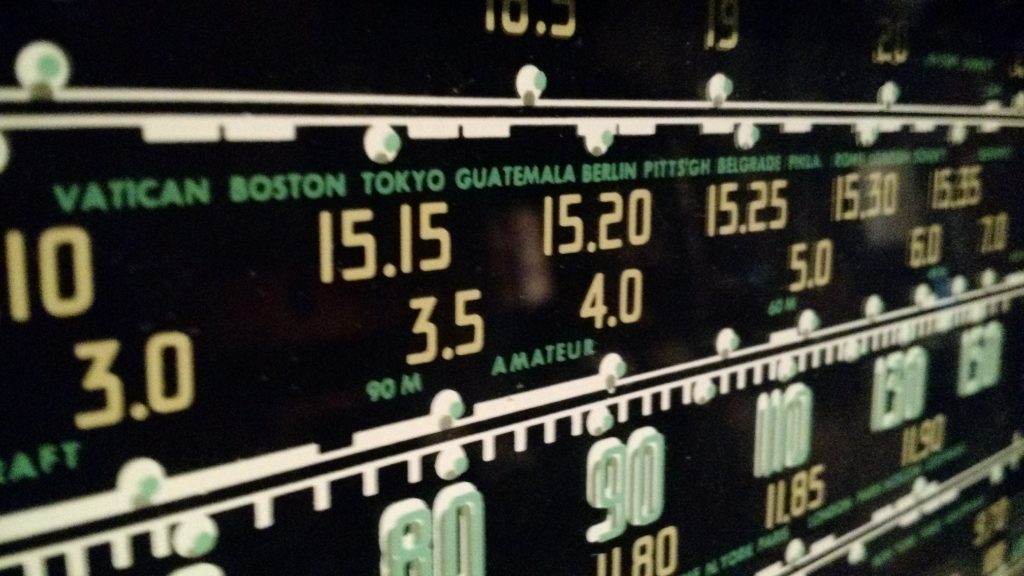(Source: GlobalNews.ca)
One of the BBC’s newest radio stations began broadcasting across the Korean peninsula on Tuesday. And the signal was almost immediately jammed by the North Korean government, according to news reports.
[…]But cracks are appearing in the system. InterMedia, a research firm, interviewed defectors from North Korea and found that 48 per cent of them had seen foreign DVDs and 27 per cent had listened to foreign radio, according to a 2013 report.
Defectors aren’t exactly unbiased sources or representative of the North Korean population – they’re people who hated the regime enough to risk their lives fleeing it and who were able to do so – but such surveys are one of the only ways to learn about North Korean television viewing habits.
Some defectors have reported that what they saw in foreign media influenced their decision to leave, according to Williams.
“I think it’s just spreading dissatisfaction, cracking the government’s complete control of information which is one of the central parts of the entire system. If you start to crack away at that then you start to crack away at the system as a whole,” he said.
[…]Although it’s illegal to watch foreign media, many people watch these DVDs or USB sticks filled with movies and South Korean TV shows. South Korean soap operas are popular, said Williams, and are more seditious than romance and melodrama might seem at first glance.
[…]Radios sold in North Korea are modified so they can only tune in to certain frequencies – government-operated North Korean stations, of course. But people do illegally “jailbreak” their radios, says Reporters Without Borders. They can then listen to South Korean stations near the border, or to shortwave foreign broadcasts like the BBC’s and similar ones from Radio Free Asia and Voice of America.
“North Korea does its best to stop the broadcasts coming in but it is the only way that exists at the moment to get current information into the country,” said Williams.[…]






